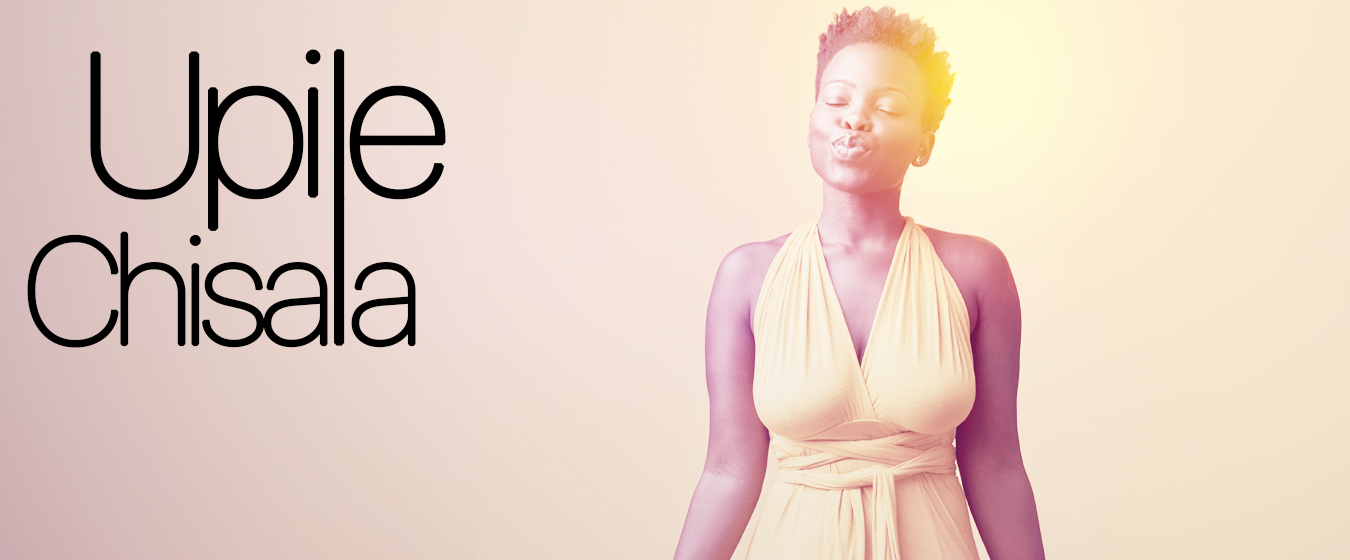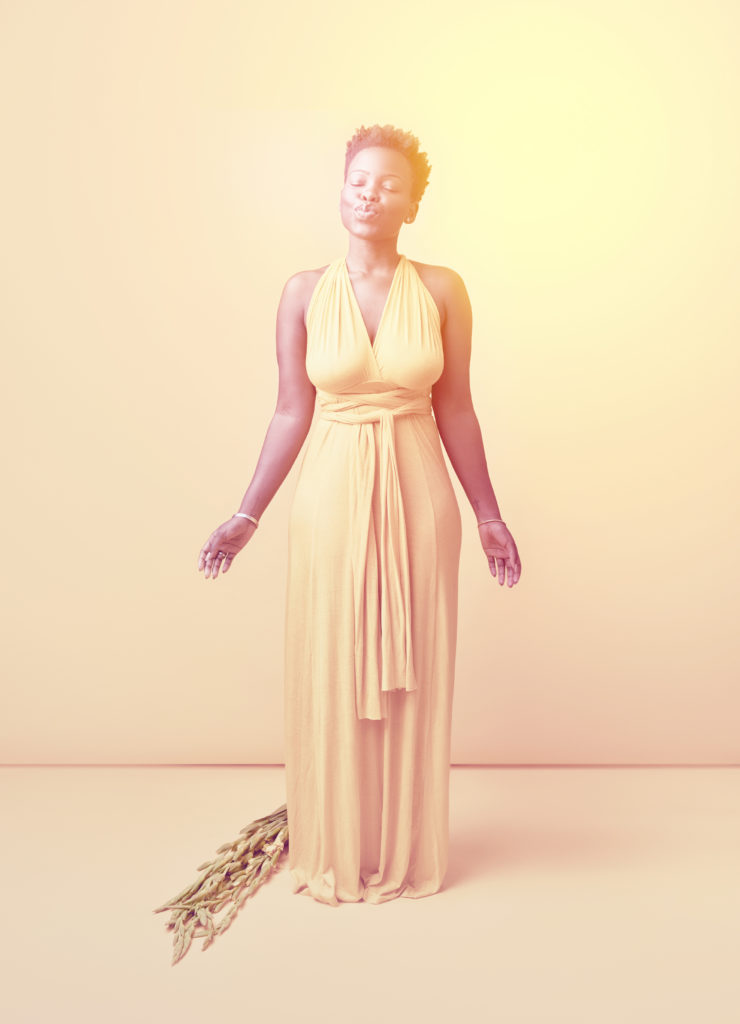
Upile Chisala
A global African writer, on staying true to her roots. Author of Soft Magic and Nectar
She tells us about the importance of preserving and promoting African history in the midst of rapid physical, social, and economic changes.
“As I grow and grapple with all the different aspects of my life, I’ve realized the importance of staying true to my Nyanja Malawian multi-faceted identity, whilst remaining open and critical. I am an intersectional African woman, and my upbringing and my language and some of my views come from these experiences of being raised in Malawi. I bring all of that to my art. I will always be a Malawian writer no matter where I live or how I sound. And there will always be parts of me that are conflicted. I mean conflicted in a good way.

Upile Chisala
I am a Malawian in the world and I constantly have to either defend some aspects of my culture or think more critically about them–and whether or not I still hold those views. We often are led to believe that culture is fixed, but I believe it is constantly evolving and an abandonment of oppressive rituals and beliefs is not a betrayal of one’s heritage. The key here is that we, people from the south, are allotted our agency and can tell our narratives from the margins, in the way that we please. Homogeny will have you believe that whatever is African is backwards and what is Western is of the future. I am passionate about decolonization and restructuring how I myself perceive knowledge, and I think many people must commit to this mission. My work is about showing that representation matters, that our heritage matters, that who we are and what we have to say is important. So when someone who looks like me and comes from where I come from sees that little ole me has published two books of poetry in English they can up the ante and publish three books in Chichewa and still be celebrated and spoken about as one of the greats.”
In 2015, she published her first book of poetry, “soft magic”. Her writing celebrates blackness, softness, the self, the intersectionality of experiences and love. She is also co-founder of “Yanja”, a project that started out as a monthly gathering of black creatives in Baltimore, USA, wherein they shared experiences and skills. Now, the group is in the process of transitioning Yanja to an online creative consultancy to facilitate workshops and offer mentorship for African women.
But her activities run beyond the arts, as she conducts maternal healthcare research in rural parts of Malawi.
After the release of her book “Nectar” in 2017, the Nectar Fund was born. Ten percent of all proceeds from the book will go to this fund to support a different cause each month in Malawi. “There is still so much I would like to do, but in the meantime, I know I’ve made a difference in a life every time I get an email saying so or I am invited to speak to a group. My hope is that my work inspires–and so far it has done that–some people. I am completely honored and humbled.”
She believes that there is more than enough space for African artists to express themselves. “I think we’ve grown as a society to learn to appreciate artists while they are alive. The world is evolving and there are more spaces for African artists to make a living off of what they are passionate about. Artists feel and reflect and are vulnerable for the sake of others and I would like to see these efforts better supported. I want to see more arts in African schools and more platforms for artists to showcase their work and skills–and actually manage to pay bills with their earnings. I think Africa needs to celebrate artists first–so that success for artists is not only whether or not they exhibited their work abroad. Success should be when the community in which you live, the community that influenced you, celebrates you. More needs to be done on a governmental level, in schools, in the community, and in homes so that African artists are given a chance to thrive.”
